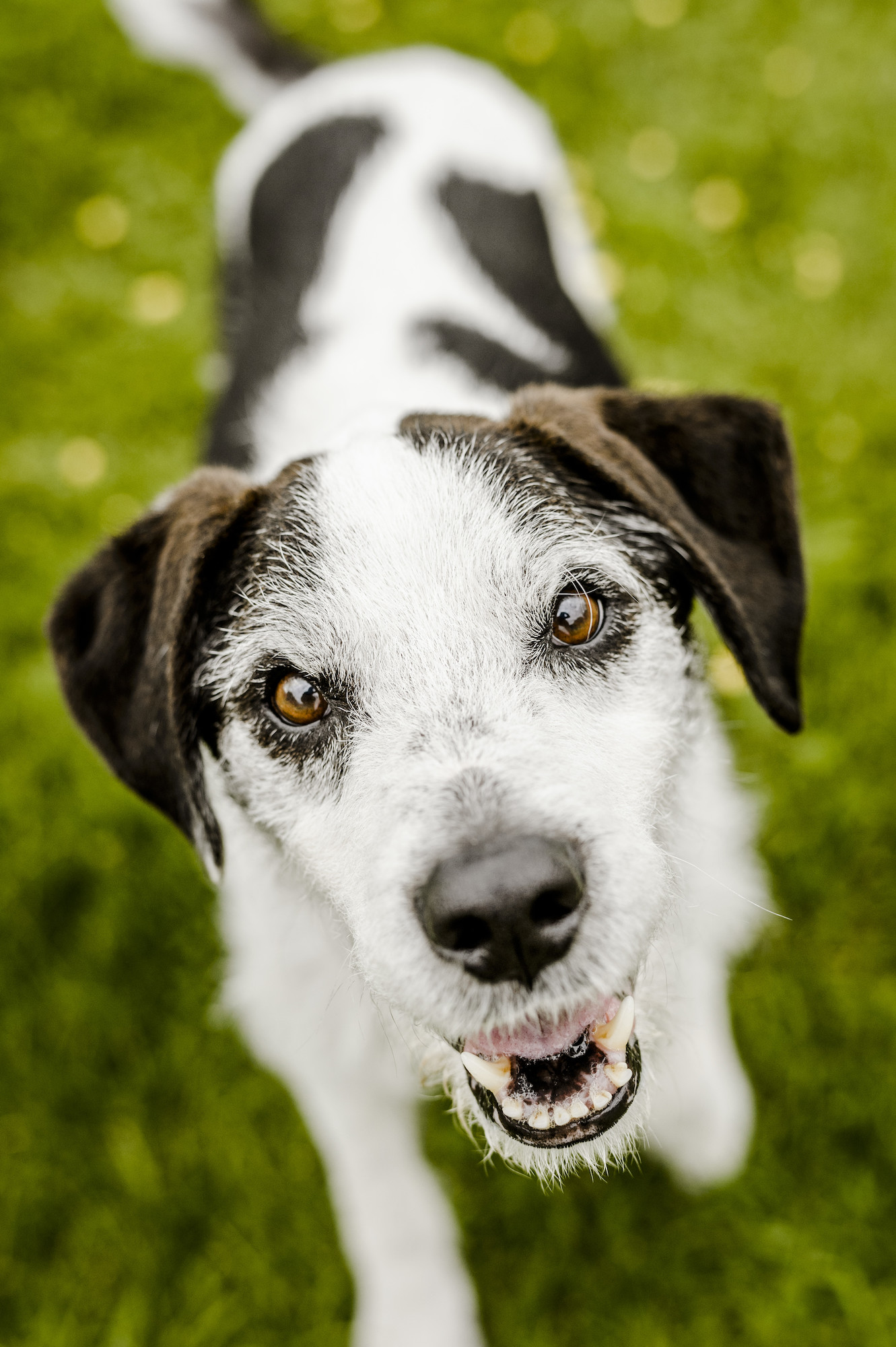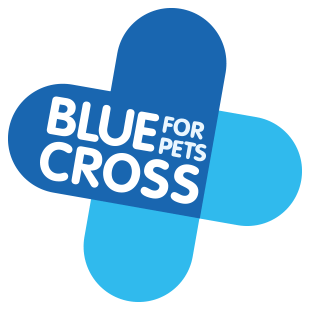Finding out about Chronic Kidney Disease (CKD)
Our first dealings with CKD came in November 2020. A ‘routine’ dental operation was scheduled for our Yorkie Harry to clean his teeth and the vets asked us – “Would you like us to run the full blood tests before the operation, so we can check everything, or just the basic tests?”. We went for the full works, thinking it would just be routine pre-op tests.
I was sitting at home waiting for a call to say the operation was over and we can come to get him. How wrong was I. The vet explained that the blood tests had come back showing that the kidneys were not performing well and some of the readings were quite high = bad. Harry was diagnosed with Chronic Kidney Disease (this is different from Acute Kidney Injury AKI) and Harry was to stay at the vets for 48hrs on an IV drip to help the kidneys, then the blood and urine tests to be repeated. I cried and cried and cried really hard. Couldn’t sleep or eat, thinking of Harry at the vets and we couldn’t even see him. After two nights away and nearly three days, which felt like forever, we were told we could come and get Harry and discuss our options.
I felt such relief at seeing Harry and having him back in my arms (he looked so tired and stressed out from not sleeping or eating and being so unwell), that the conversation with the vet was a total blur. I tried and struggled to take it all in. The main point was that Harry was at stage three, which meant his Kidneys were in a bad way and there were only four stages in total. The final being the end and, this is a progressive disease with no cure, just things to help manage it.
My world was collapsing, and I felt like a terrible person, also felt so distraught for Harry. How did he/we end up here? How does this happen? What are we going to do?
Harry can come home, and we’d need to start giving him a supplement twice a day to help the kidneys function. Along with another form of tablet medication once per day. We were also told to stay clear of things like rawhide chews, and anything with a high salt or phosphorous content and to look at getting prescription renal food. That was it.
We came home, just thankful to have Harry back with us. Then came the research. I poured myself into finding out as much as I could night and day looking online for help from others that had gone through this. What was the BEST thing for Harry?
It was really tough, because there was no one place to go, and a lot of the information was geared towards cats and not dogs. It was also difficult to know what to trust, as I didn’t want to do anything that could make things worse. I collected as much information as I could, wrote it all down, along with a big list of questions and phoned the vet to ask everything I could think of. Things like; How long do we have? Are there any other treatments we could be doing? What about herbal remedies or Omega 3? I must have spoken to about three or four different vets to get their advice, so at least we could move forward with a plan for Harry’s wellbeing.
The Vets had prescribed us a liquid supplement, tablets and prescription renal food. I also started to measure Harry’s water intake. I would boil a kettle of water each evening, leave to cool and use that instead of tap water. When Harry’s water needed changing (maybe twice or more during the day) I would keep a note of how much he had drunk, to see if he was drinking much more that he should be. They say that it shouldn’t be more than their body weight, otherwise that is an indicator that something isn’t right. Although take into consideration, the weather (if it’s too hot), how many walks they had been on etc.
I went on many, many sites about renal/kidney support food and was concerned that reading some of the comments that it is very bland and fussy dogs may not like it.
Well Harry was extremely fussy, so I was really worried. Surprisingly, he took to it very well! Eating the food much better than the old food we gave him. It is limited, but there are quite a few options from wet and dry food to even some basic treats, which is fair once in a while! Or there is the option of homemade organic food, which is great, but it is tricky to monitor the phosphorous/potassium levels and other ingredients correctly, so better to buy the food if you can, so you know exactly what is in it and the correct portions to give.
Looking back, I can see the signs, and I kick myself for not picking up on them sooner. Increase in thirst and urine volumes, reduced appetite, weight loss, vomiting, diarrhoea and more lethargic e.g. Not being able to walk as far as he used to.
We would need to change our routines, keep Harry stress free and make the most of every single moment we had together. I didn’t want to let this darken any time we had left, so we made the most of it. I told Harry every day that I loved him, and we also went for short little strolls, when he wanted to, always leading the way. Harry had his rough days, where he was poorly and didn’t want to eat and sometimes, he would have the shakes. But we comforted him and stuck together, holding onto him and always being calm around him to ease any anxiety.
I had my tough days too, trying to hold it together and make sure he ate at least something small on his ‘off’ days to try and get him to feel better. It came down to hand feeding him tiny bits piece by piece – but if that what it took, then we’d do it!
I am not a vet or anything close to being one. I am someone who’s best friend/baby boy/from the same flame was diagnosed with this absolutely horrendous disease, CKD. If you are concerned about this or have any worries that your companion may be showing sign of CKD, please get veterinary help straight away, don’t delay it. They will be able to confirm the diagnosis and talk further with you about the treatment and options available. It is quite complex, and each blood test will show readings that are on an ‘IRIS’ scale to determine the stages of CKD. This disease can also have a knock-on effect with the blood pressure and heart, so they need to be monitored closely too at regular intervals, usually every 3-6 months, possibly monthly in the beginning to make sure the treatment plan is working.
Here are some links, which will be able to explain a bit more about this disease and give a full in-depth guide on signs, causes, diagnosis and treatment




If you find yourself here, then I’m truly sorry and I know how you must be feeling, it is devastating and scary to find yourself in this place. I will be adding further information about CKD, including foods that we found helpful and other things we found that did not help, along with how to try and live with this disease and give the best you can to your beloved family member.
My advice is to enjoy the time you have together (whatever that is, because it’s always unknown), just make the most of it. Try to keep them as stress-free as possible, gentle walks and a quiet house with plenty of rest. Actually, that’s good advice for you both! Most importantly reach out and speak to others, we’re out there and understand what you’re going through. You aren’t alone and you will have brighter days ahead.
Harry was a true fighter, and he was extremely brave through it all right to the end. I’m so grateful for every second we had with him. Harry taught me so much and both my grief and love for him knows no end. I miss him immeasurably and just want to be able to help at least one other person, who is having to face this.
Sending love and comfort to you x





